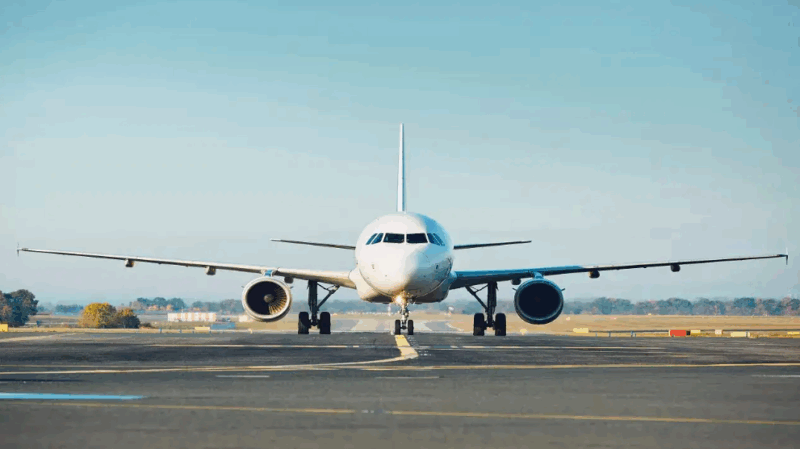Airlines have been instructed to ensure that technical halt airports have emergency medical support and ground ambulances. Additionally, cabin crew will receive briefings on managing passenger fatigue, discomfort, and potential medical incidents during extended flights.

Photo : iStock
The Directorate General of Civil Aviation (DGCA) has issued guidelines for Indian airlines operating flights between North India and the West, requiring them to inform passengers about potential rerouting, longer flight times, and technical stops due to Pakistan’s closure of its airspace.
“Passengers will generally remain onboard such stops,” says the advisory issued by DGCA CFO Captain Shweta Singh. “Airlines must ensure that catering uplift is revised based on actual travel time (including technical halt). This includes adequate meals and beverages for the full duration. Additional hydration and dry snacks. Special meals as per requests.”
Airlines have been instructed to ensure that technical halt airports have emergency medical support and ground ambulances. Additionally, cabin crew will receive briefings on managing passenger fatigue, discomfort, and potential medical incidents during extended flights.
Air India may need to take a fuelling and crew change halt for its Delhi-North America/Europe/UK flights. “Our North America nonstops may remain so or take a fuelling halt en route, depending on the conditions each day, each flight. Which means on a given day, how are the wind flows and aircraft loads like, that call will be taken,” said an Air India official.
Due to Pakistan’s airspace closure, flights from North India to the West will now take a longer route over the Arabian Sea, via Mumbai and Ahmedabad, instead of the usual Delhi-north Pakistan-Hindukush route. Pilots note that this new route will expose flights to strong headwinds, potentially increasing flight times and fuel consumption. As a result, airfares for new bookings may rise by 30-40 per cent.
The DGCA has advised airlines to prepare for potential disruptions, including protocols for passengers missing onward connections and compensatory action for delays. Indian airlines, particularly Air India, are expected to face significant financial impacts due to Pakistan’s airspace closure, as longer routes will increase operational expenses, including fuel, stopovers, and crew costs.







